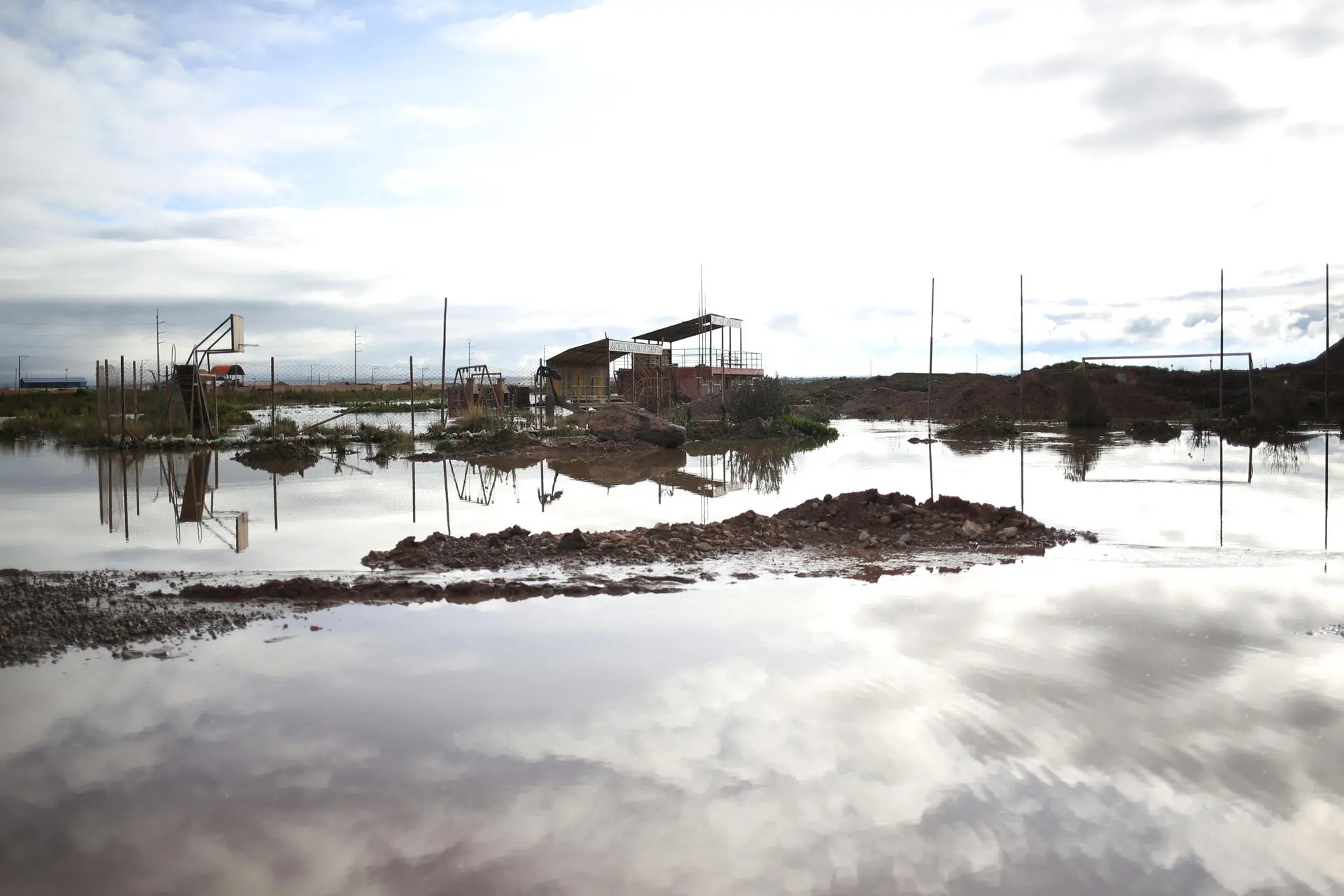The French Economy is in a Catastrophic State: PM Bayrou

French PM François Bayrou, April 15, 2025. X/ @ValdiviesoJavi
April 15, 2025 Hour: 8:34 am
A €40 billion adjustment will be needed in the 2026 budget to keep the public deficit at 4.6% of GDP.
On Tuesday, Prime Minister François Bayrou sounded the alarm over the catastrophic state of France’s economy, describing the country as over-indebted and lacking sufficient production.
RELATED:
France to Retaliate if U.S. Imposes 200% Tariff on Wines
In an appearance alongside top members of his government, Bayrou stated that the country’s situation is being worsened by international crises, which require increased defense spending, and by the trade war launched by President Donald Trump.
“The survival of the country is at stake,” warned the head of government, who gathered lawmakers, social partners, associations, local and social security administrations in an effort to find lasting solutions to the crisis before the summer.
Bayrou issued an urgent message directed squarely at public opinion, amid his fragile parliamentary position and mounting criticism from the opposition: “Only our citizens becoming fully aware of the situation can support public action,” he said.
The French prime minister, who had to make concessions to both the Socialists and the far-right to get the 2025 budget approved, now wants to go further with austerity measures—and he knows that to do so, he needs public backing, in the absence of political support.
Finance Minister Eric Lombard estimated that a €40 billion adjustment will be needed in next year’s budget to keep the public deficit at 4.6% of GDP, down from the 5.4% expected this year.
That is why Bayrou painted a bleak picture—of a France that “doesn’t produce enough and doesn’t work enough,” but which has “the highest level of public spending in the world,” a level that does not bring satisfaction to its citizens but instead leads to debt that threatens to strangle the country.
The situation has been worsened by recent crises—from the “hurricane” of Russia’s invasion of Ukraine, which will force an increase of €3 billion in defense spending, to the trade war launched by Trump, which Bayrou described as a “cyclone” with “unpredictable consequences.”
In response, the prime minister called on various stakeholders to submit proposals for drafting the 2026 budget, which must be finalized before July 14 due to the urgency of the situation.
Although he did not issue specific directives, Bayrou did outline a few red lines, aligned with President Emmanuel Macron’s platform, such as avoiding tax hikes—which are already high in France and, he warned, could drive away investment.
He also cautioned against proposals that would increase the national debt, whose interest payments already cost €62 billion annually and could reach €100 billion by 2029 if the deficit is not reduced. For this reason, he stressed that any measures adopted must aim to help France meet its budget deficit target of 3% within four years.
“Other countries have achieved this without lowering their citizens’ standard of living or satisfaction,” Bayrou said, citing Canada and the Netherlands as examples, while reminding that France’s deficit stood at 2.3% before the COVID-19 crisis.
He also deemed it essential to increase defense spending and called on other European Union countries to do the same in order to reduce dependence on the United States.
He advocated for a “rebuilding of public action” that would involve evaluating each administration’s spending to improve efficiency, and “revitalizing activity” through reduced administrative red tape and improved training for future-oriented professions.
All of this, he said, should lead to the reindustrialization of a country that “leads in cutting-edge sectors” such as aerospace and luxury goods but “is absent in basic production—the type most consumed by citizens.”
teleSUR/ JF
Source: EFE






